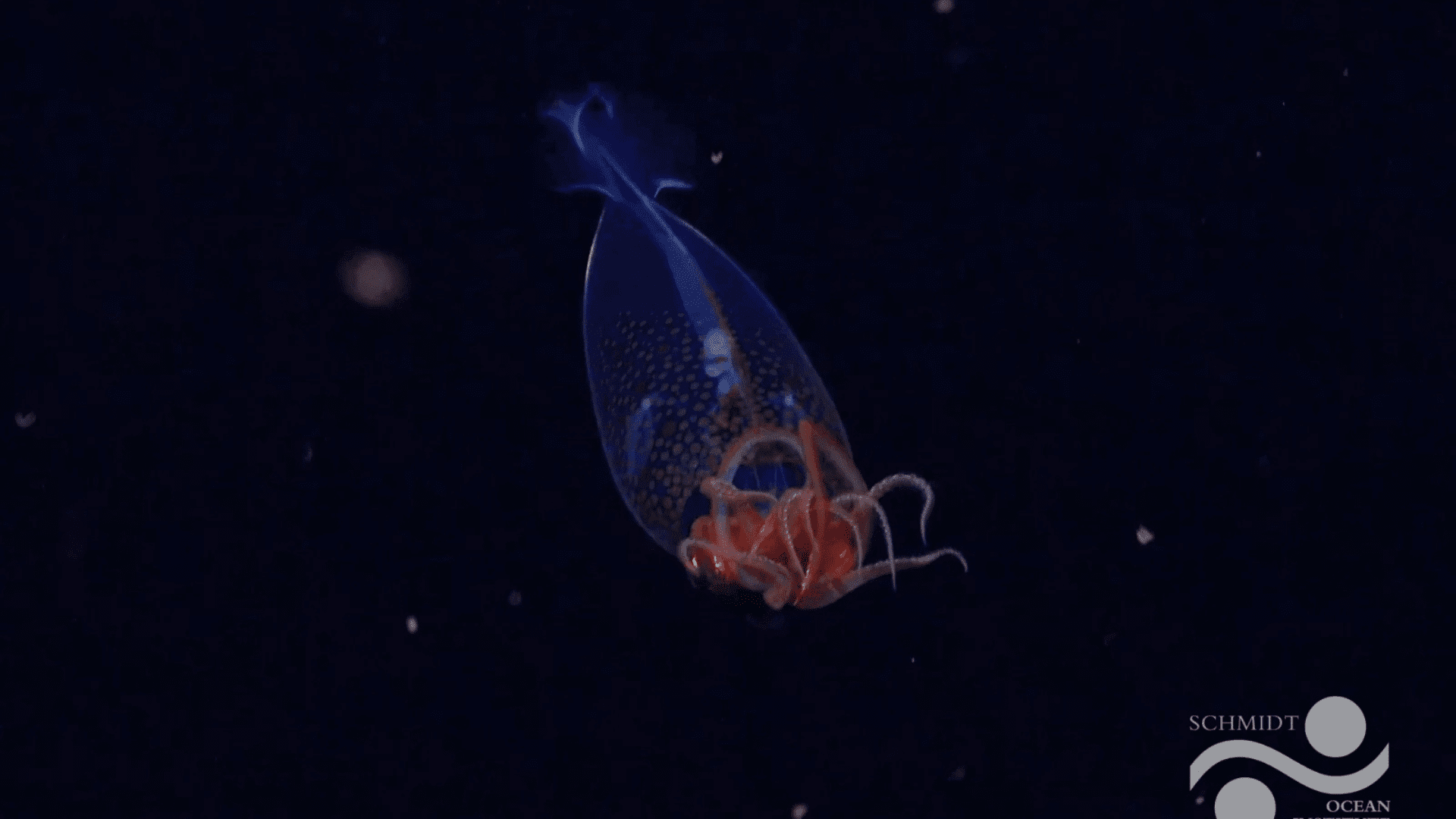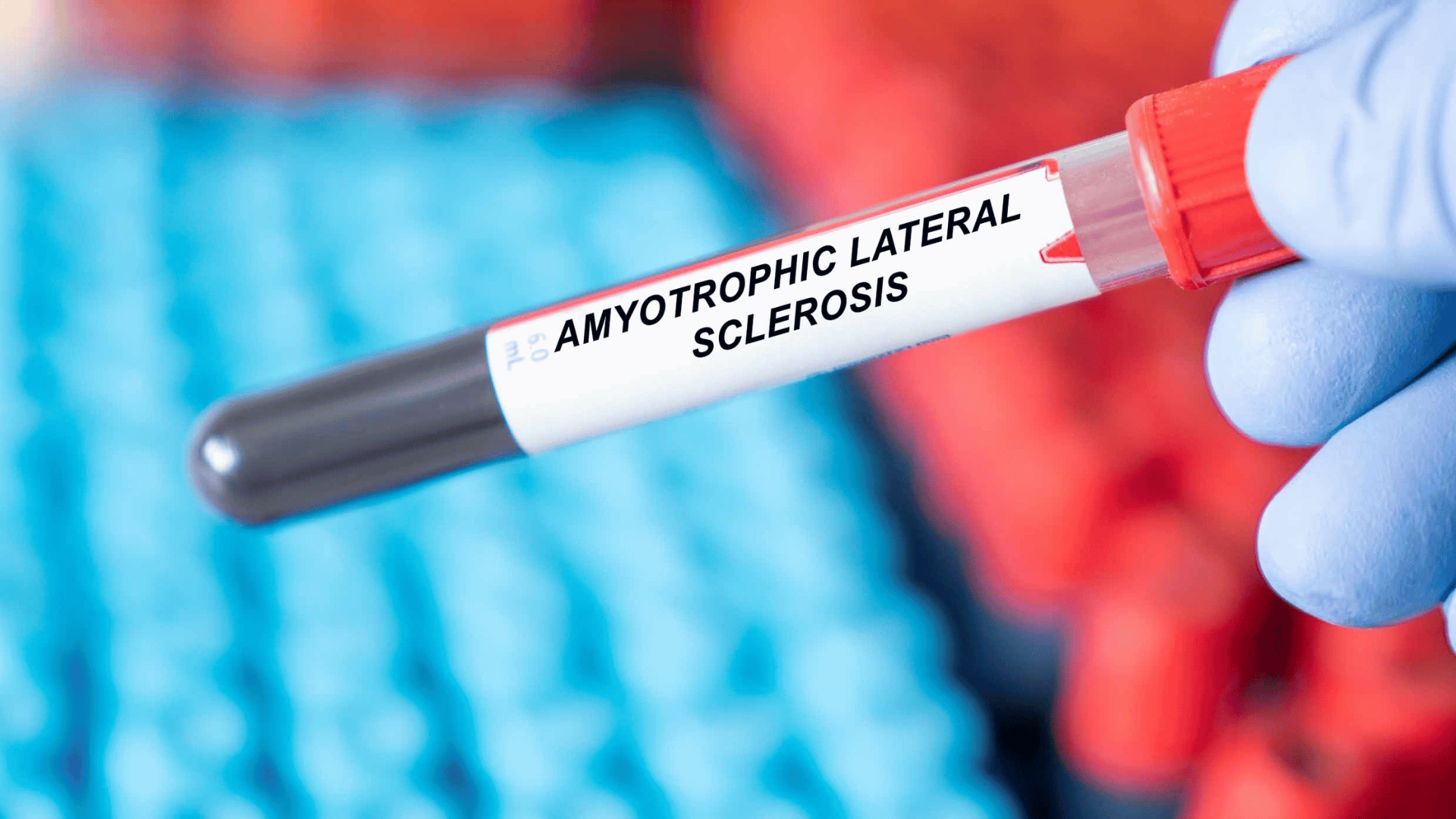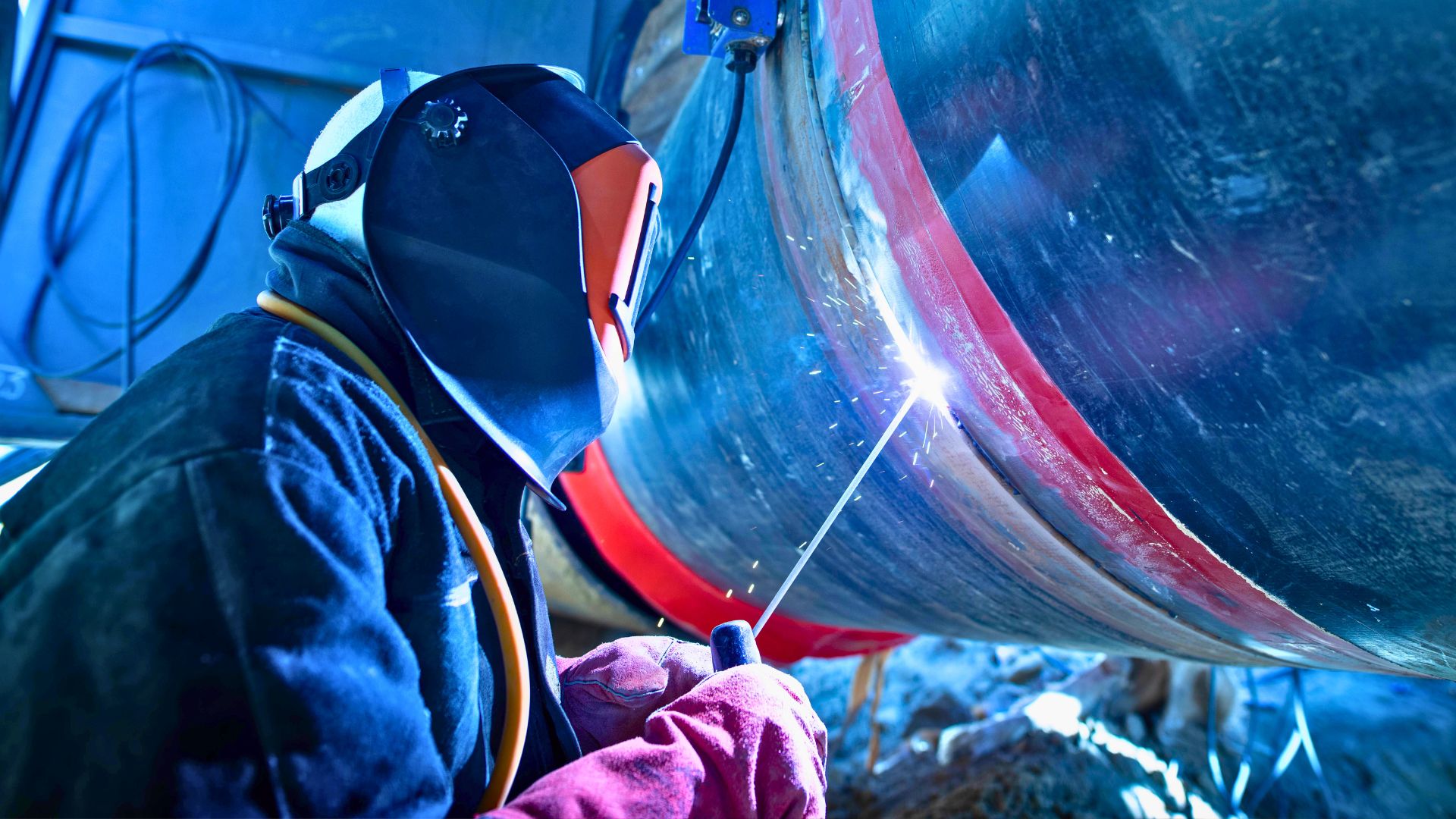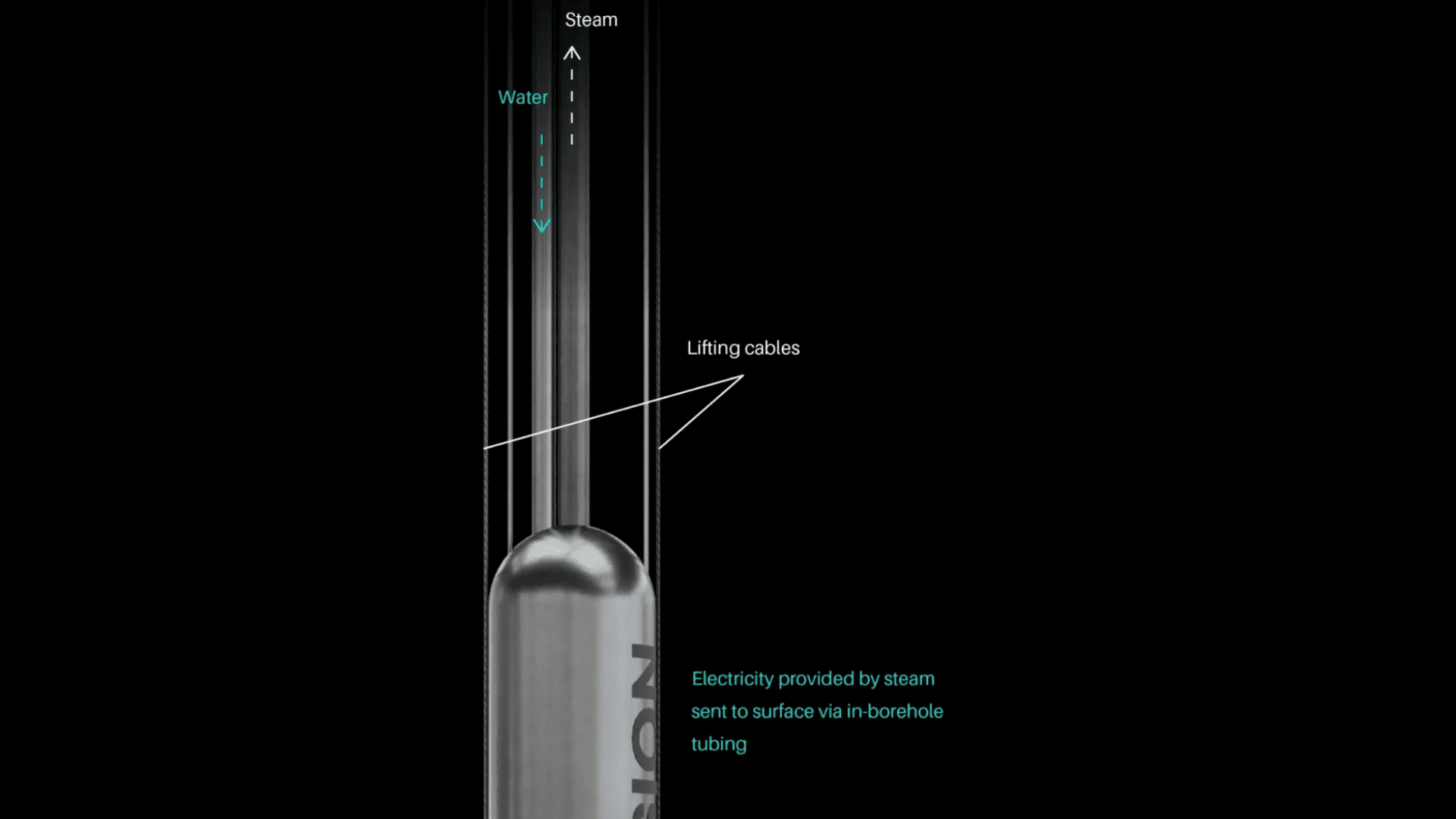For the first time since it was discovered exactly 100 years ago, a colossal squid has been filmed in its natural habitat.
The footage was recorded by a team of scientists led by a University of Essex academic during a 35-day quest for new marine life. The area the researchers were exploring was so remote that the closest humans to them were hundreds of miles above them aboard the International Space Station.
Baby Colossal Squid
A type of glass squid, the invertebrate captured on film was an 11.8-inch juvenile spotted at a depth of 1,968 feet near the South Sandwich Islands in the South Atlantic Ocean. The animal has only previously been seen in the stomachs of whales and seabirds, with some dying adults previously filmed by fishermen.
Though the one discovered by researchers was just a baby, it’s believed that a colossal squid can grow up to 23 feet in length and weigh up to 1,100 pounds. This would make them the heaviest invertebrates on the planet.
A remote-controlled vessel, SuBastian, was used to spot the squid by a crew aboard the Schmidt Ocean Institute’s Falkor vessel. Dr. Michelle Taylor, Chief Scientist from the university, said the team initially couldn’t identify the squid but filmed it because it was “beautiful and unusual”. The footage was later verified by Dr. Kat Bolstad.
Advertisement
“It’s exciting to see the first in situ footage of a juvenile colossal and humbling to think that they have no idea that humans exist,” she said.
Though much of the colossal squid’s life cycle still remains a mystery, we do know that they lose the transparent appearance of juveniles as they age. The creature can also be physically distinguished by hooks on the middle of its eight arms.


According to The National History Museum, it’s difficult to pinpoint the exact estimate of the global colossal squid population. The institution previously stated that the lack of observations means that “even to this day, the enormous invertebrates still straddle the line between legend and reality”.
This discovery comes on the heels of another exciting squid discovery in January when researchers captured footage of a glacial glass squid for the first time ever.
“The first sighting of two different squids on back-to-back expeditions is remarkable and shows how little we have seen of the magnificent inhabitants of the southern ocean,” added Dr. Jyotika Virmani, Schmidt Ocean Institute’s executive director.



